Programme
Evolving Beyond Surrealism - The Cinema of Luis Buñuel
‘Surrealism taught me that man is never free, yet fights for what he can never be.’
This uncompromising spirit exemplifies the life and work of Luis Buñuel (1900-83), a master filmmaker who led avant-garde surrealism of our time. Born to a wealthy Spanish family, he however loathed conformism and the values that made up middleclass morality. Through combining surrealist non sequiturs with taboo-shattering attacks, he launched his battles against the bourgeoisie, the church, social confines and nationalism, aiming to dismantle the conventional ideas and established orders, all the while driving people to see their existence and reality from a brand new perspective.
Ever since his debut short An Andalusian Dog, Buñuel has never ceased to shock the world with his provocative ideas and startling images. Though he and Dalí went on separate paths after The Golden Age, he always remained true to the fundamental surrealist principles: a spirit of rebellion, the power of subversion, a belief in the creativity of the unconscious, a taste for black humour, as well as an enduring contempt for institutions. His films were always banned, and led to his exile in Mexico for 20 years. Yet, it is Los Olvidados, an acclaimed film made during that difficult period, that opened his doors for international co-productions.
While devoted to the aesthetics of the irrational, Buñuel’s psychedelic, disjointed style is always under meticulous shaping. Through this directness and simplicity, he staged his outrageous, violent liberation of the mind. ‘The true originality of Buñuel’s cinema is that it slips into the mound of the most clichéridden type of filmmaking, and then destroys it by bursting out from within.’ In his most celebrated masterpieces including The Exterminating Angel, The Discreet Charm of the Bourgeoisie and The Phantom of Liberty, the auteur always begins with an elegant scene of bourgeoisie respectability, then proceeds to tear down its glamour and reveal its hypocrisy. In his sixties, Buñuel became a formidable director who effortlessly blurs the line between fantasy and reality, myth and mundanity, reaching the pinnacle of his career.
‘I’m still an atheist, thank God.’ Buñuel’s famous quote may sound paradoxical, yet it befittingly reflects his conviction: ‘In a world as badly made as ours, there is only one road – rebellion.’
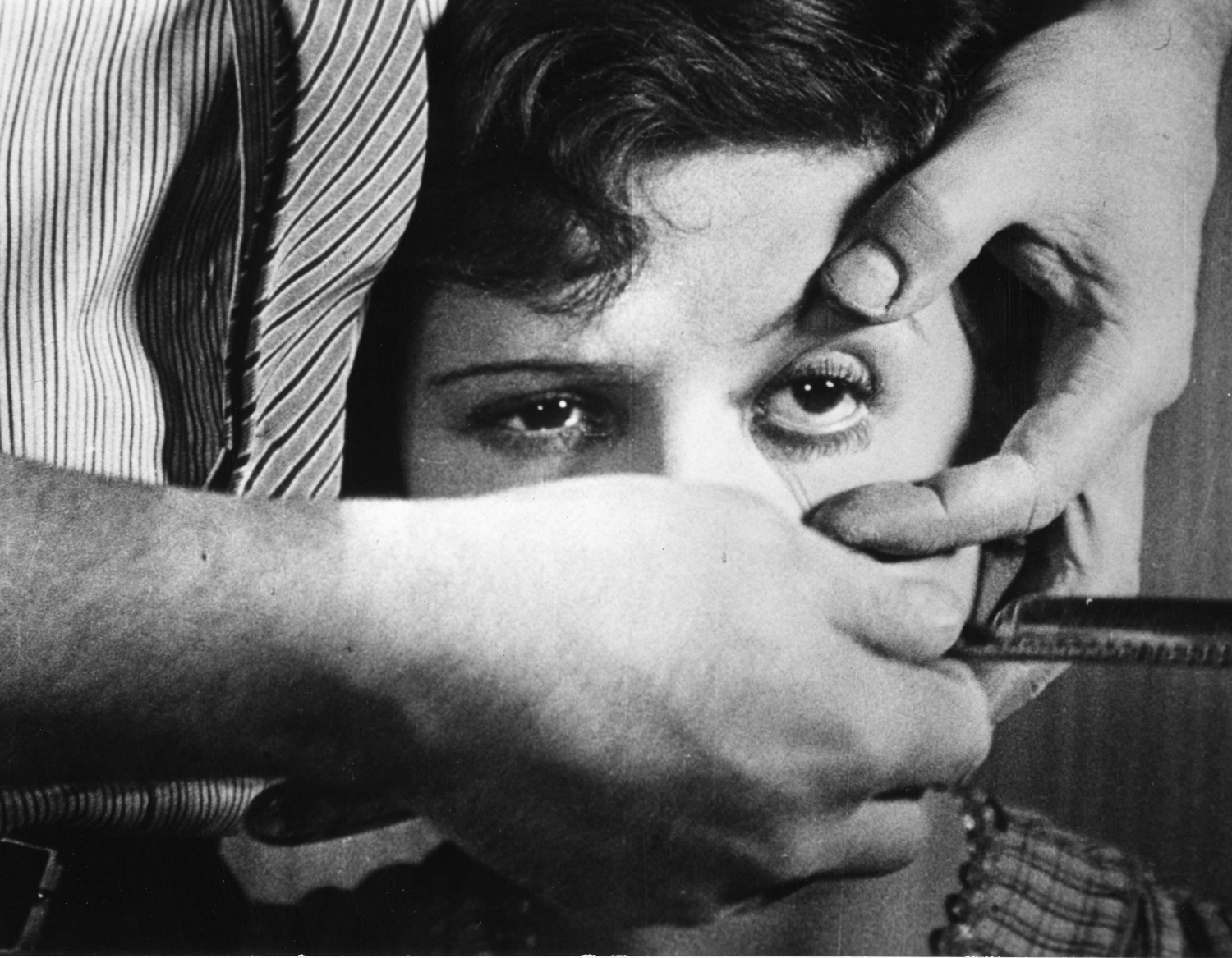
An Andalusian Dog
Read more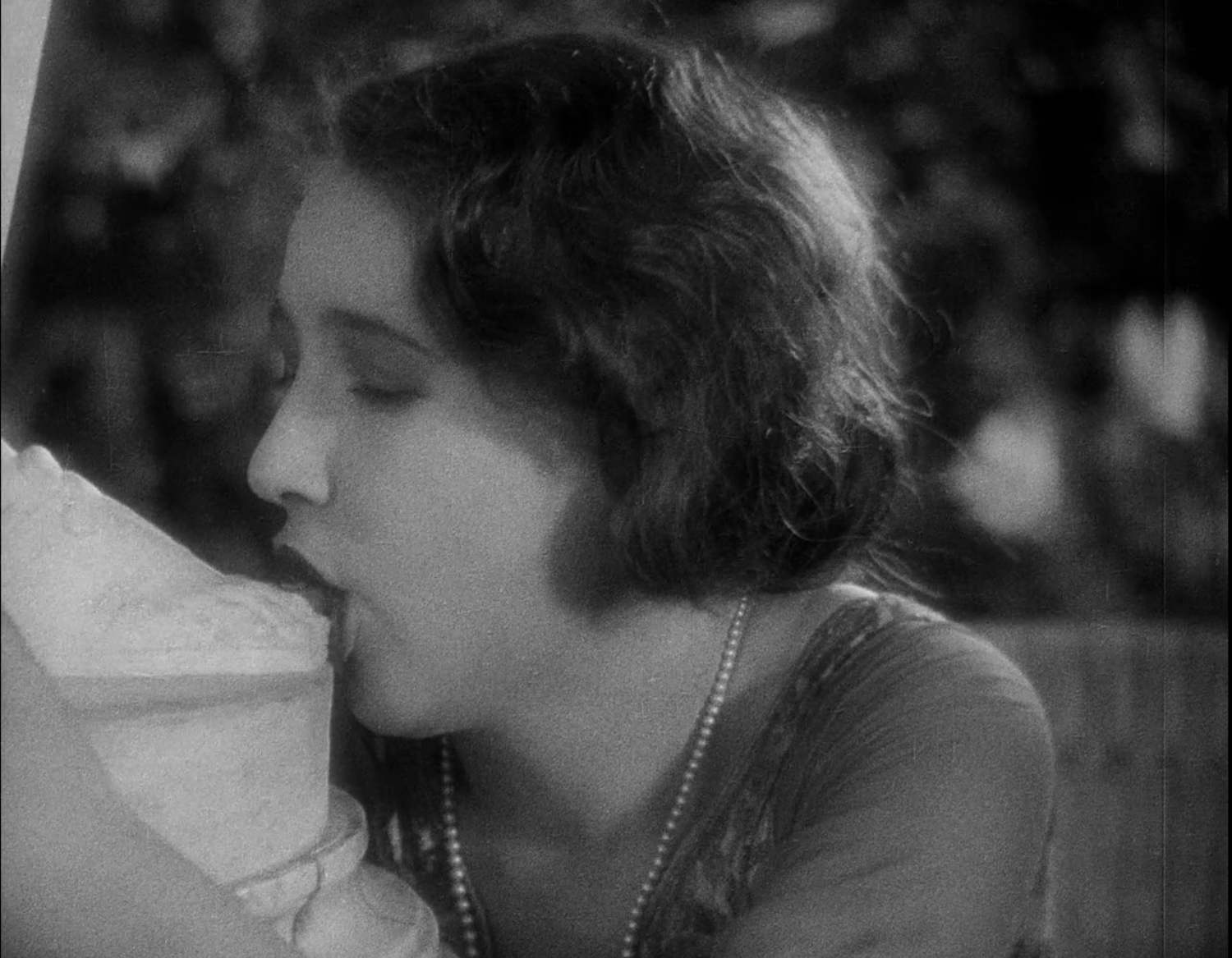
The Golden Age
Read more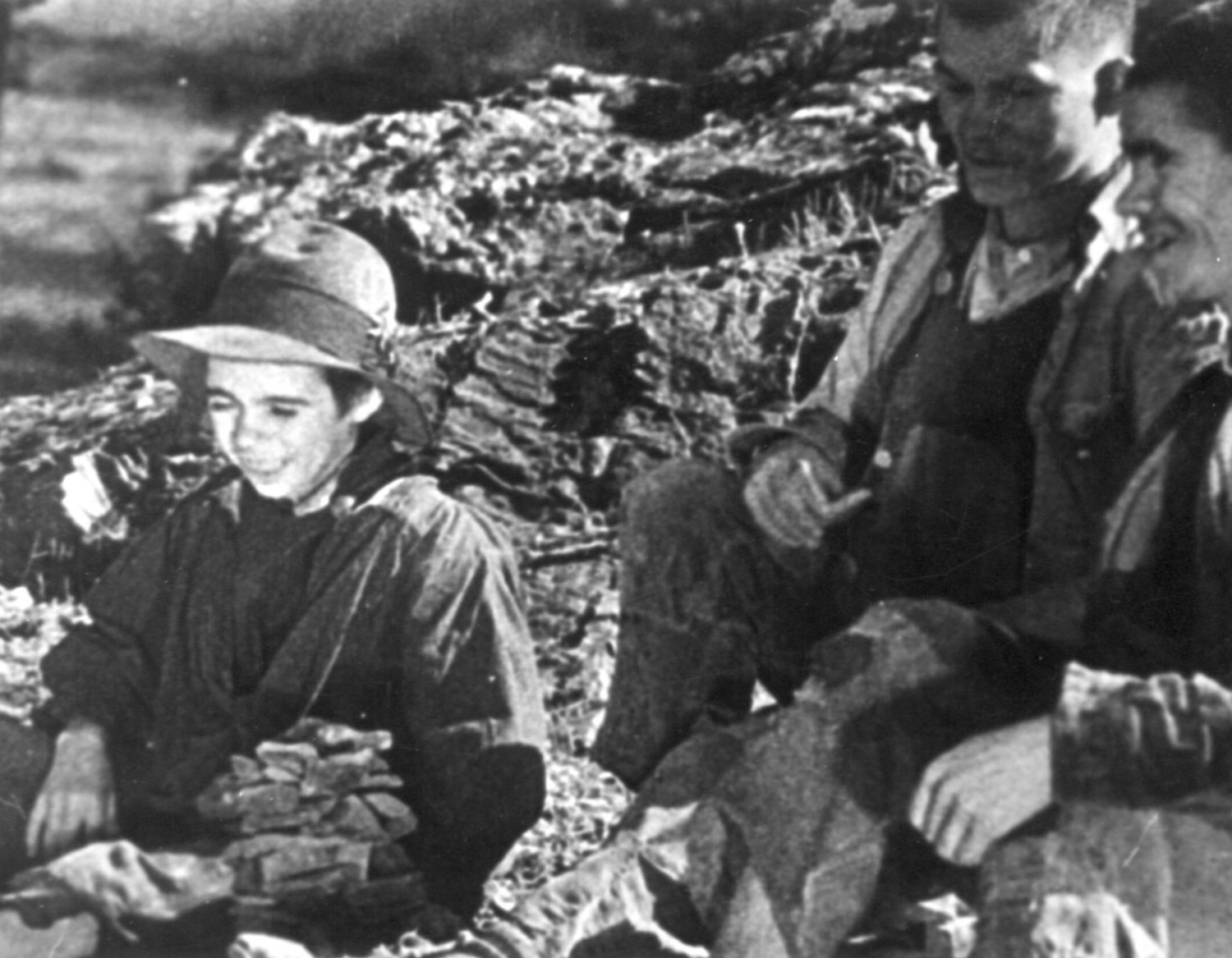
Land without Bread
Read more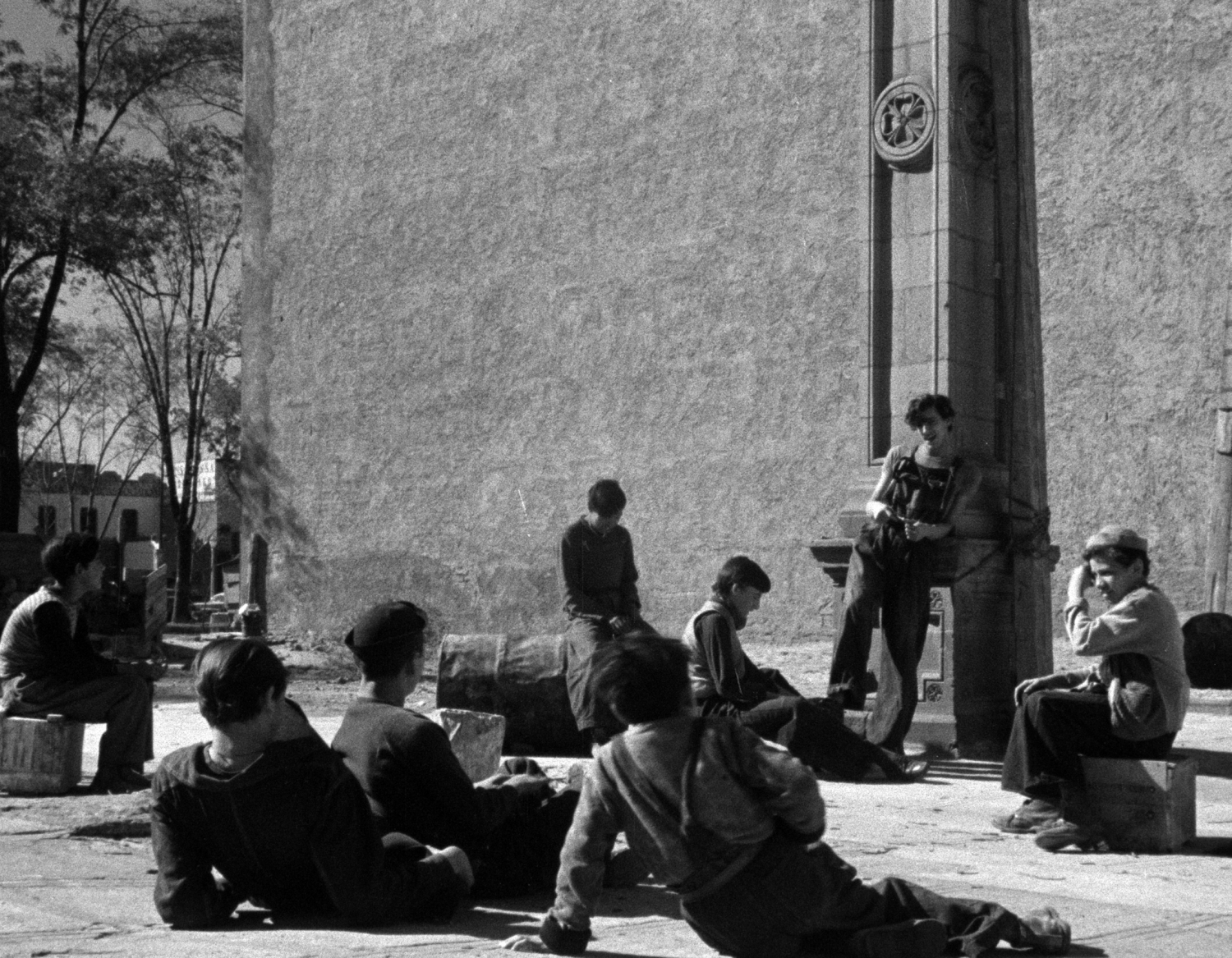
Los Olvidados (a.k.a. The Young and the Damned)
Read more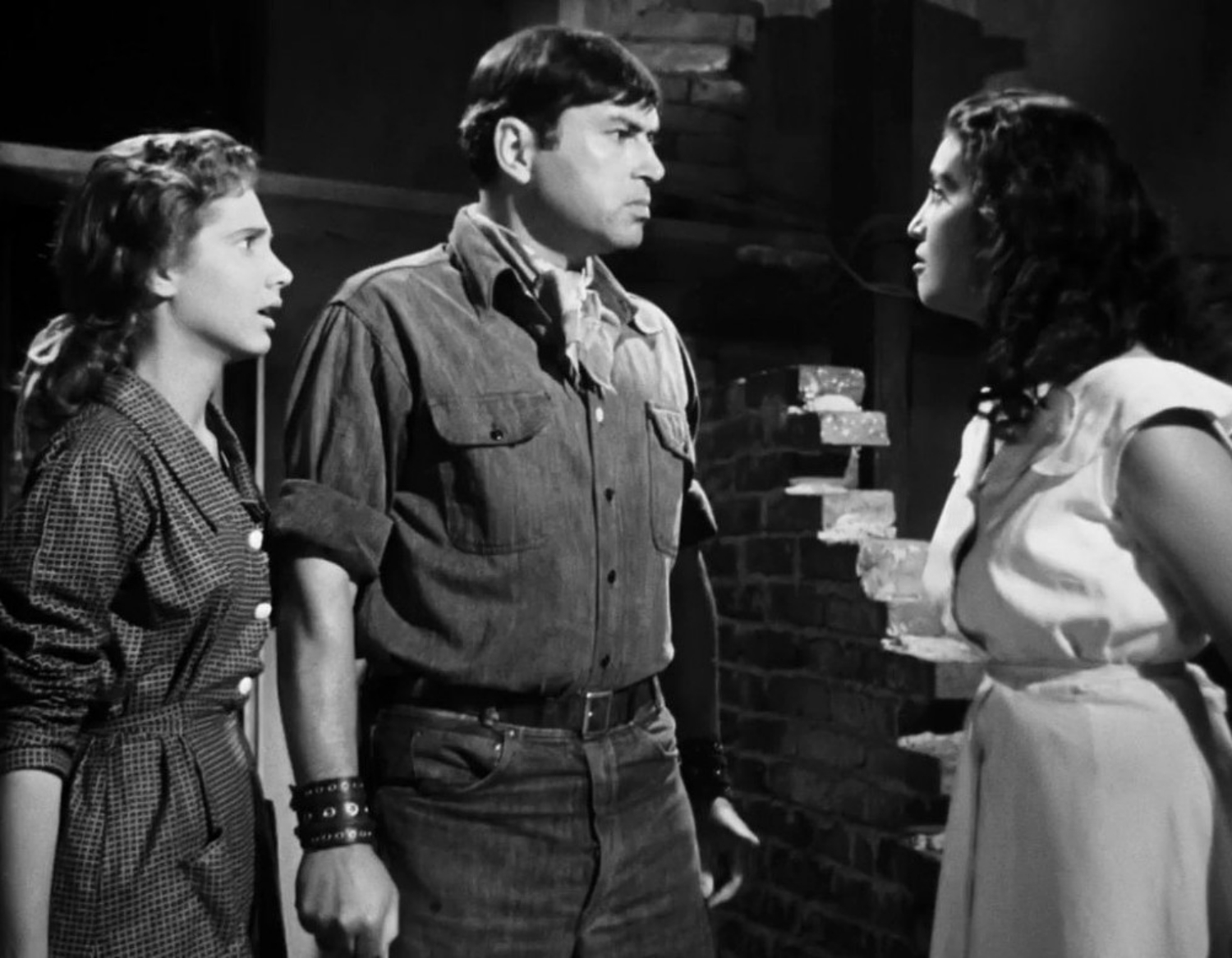
The Brute
Read more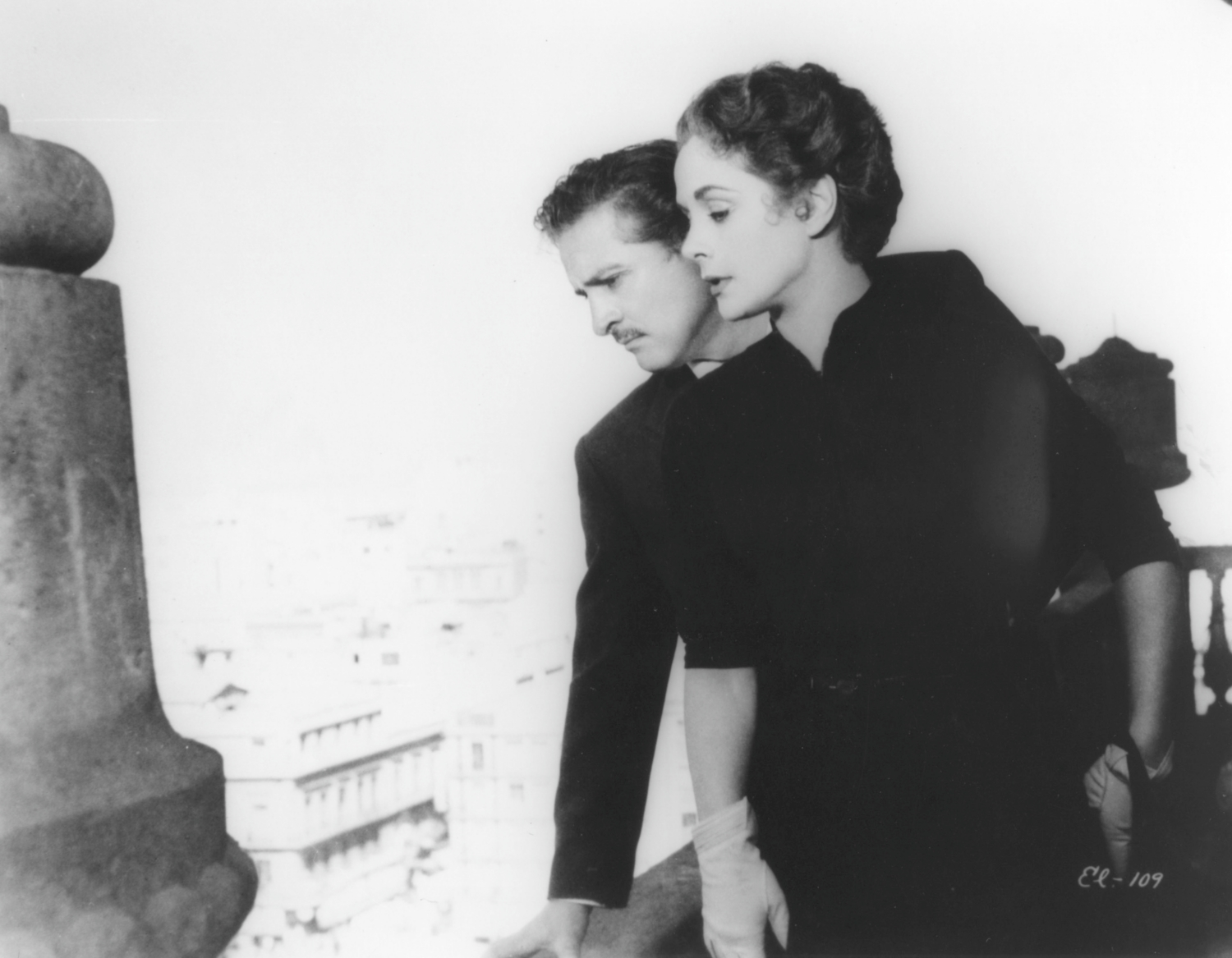
El (a.k.a. This Strange Passion)
Read more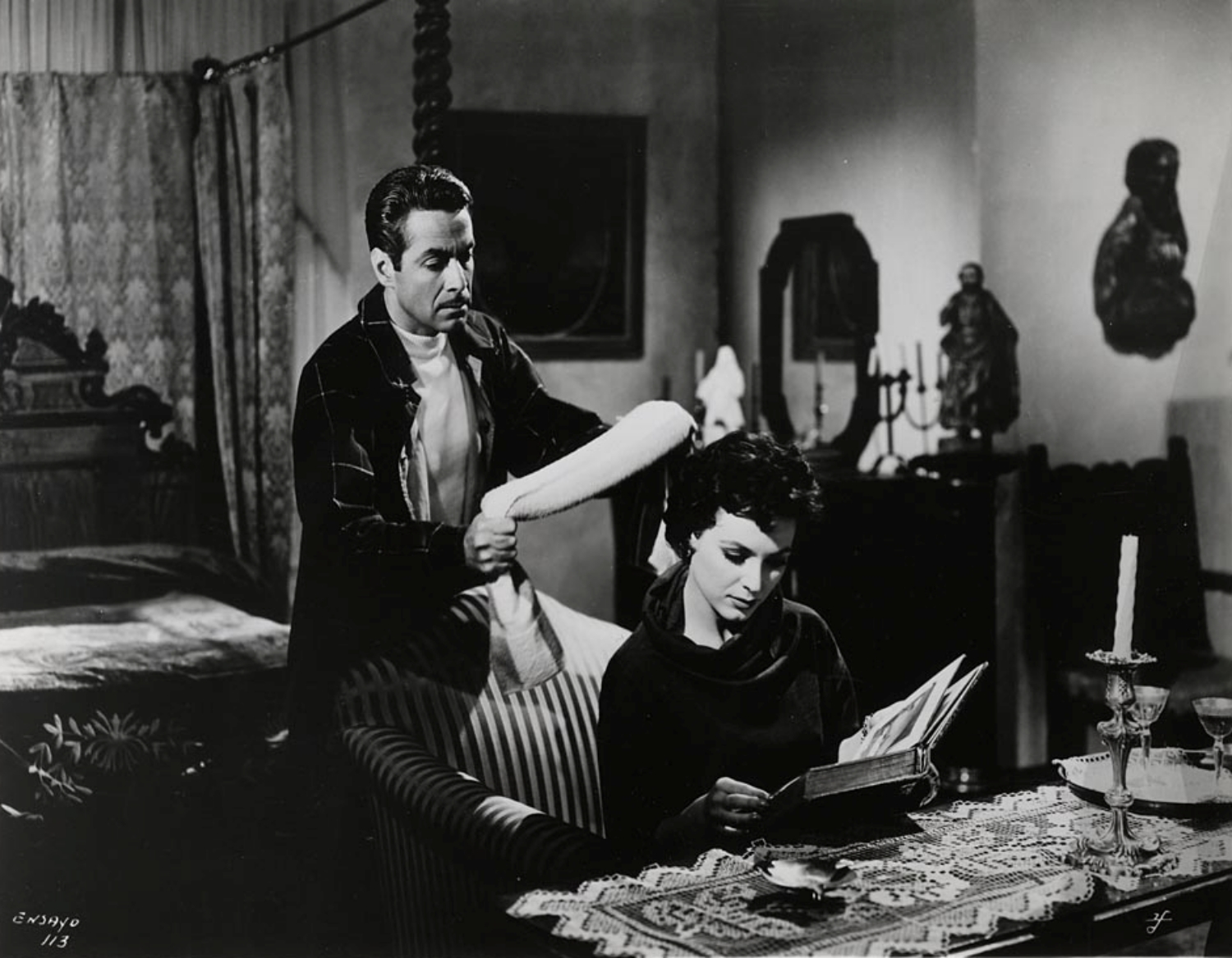
The Criminal Life of Archibaldo de la Cruz
Read more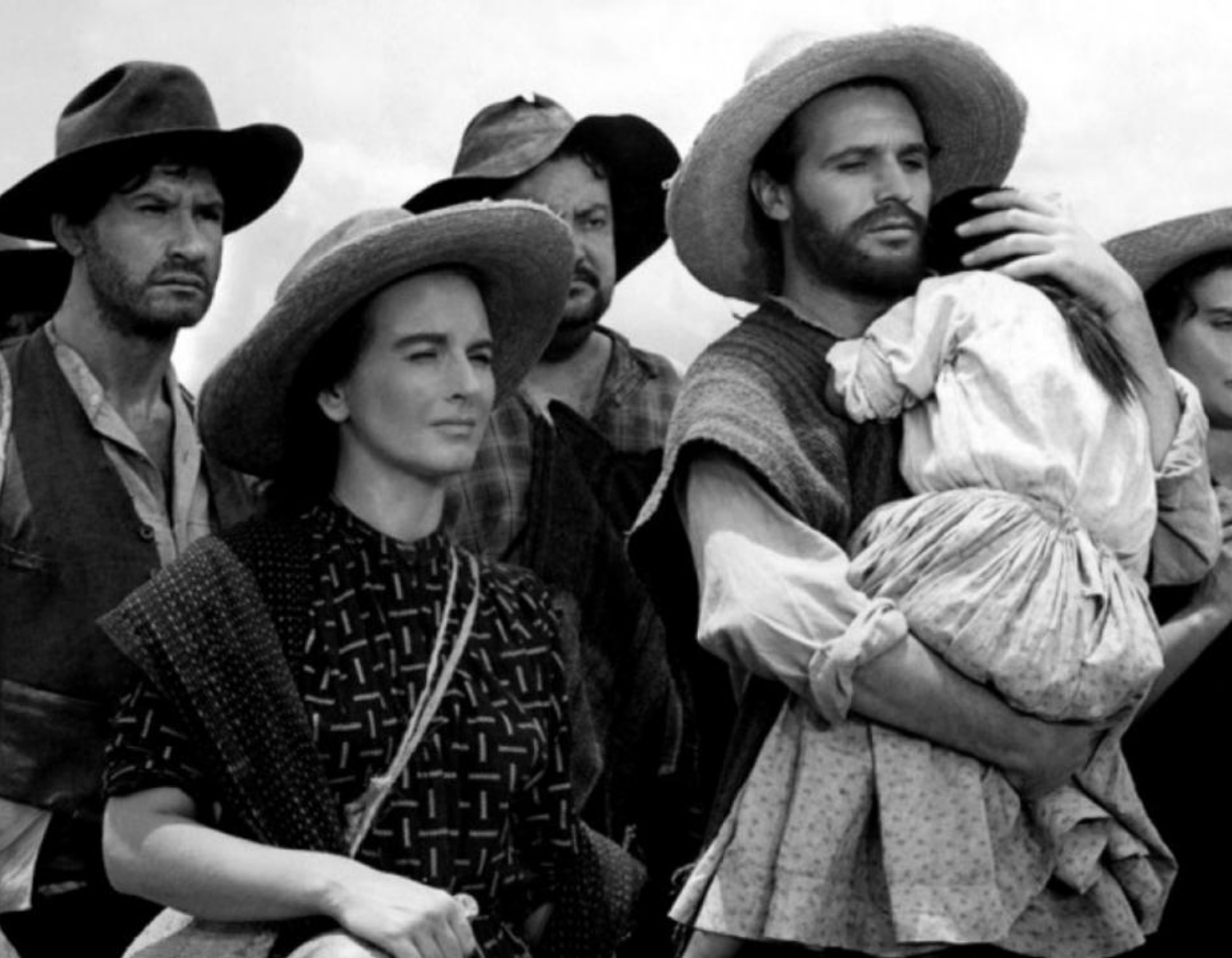
Nazarin
Read more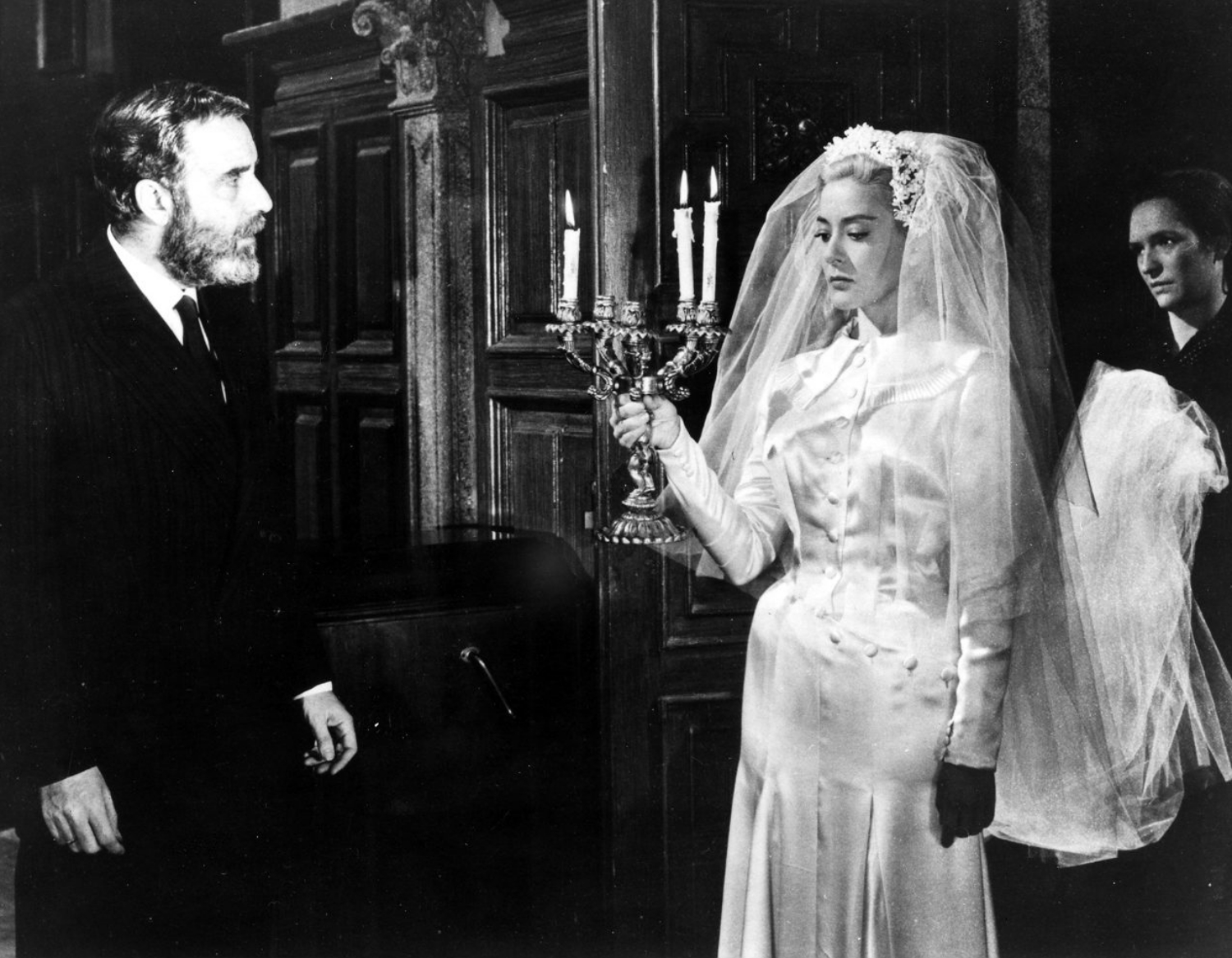
Viridiana
Read more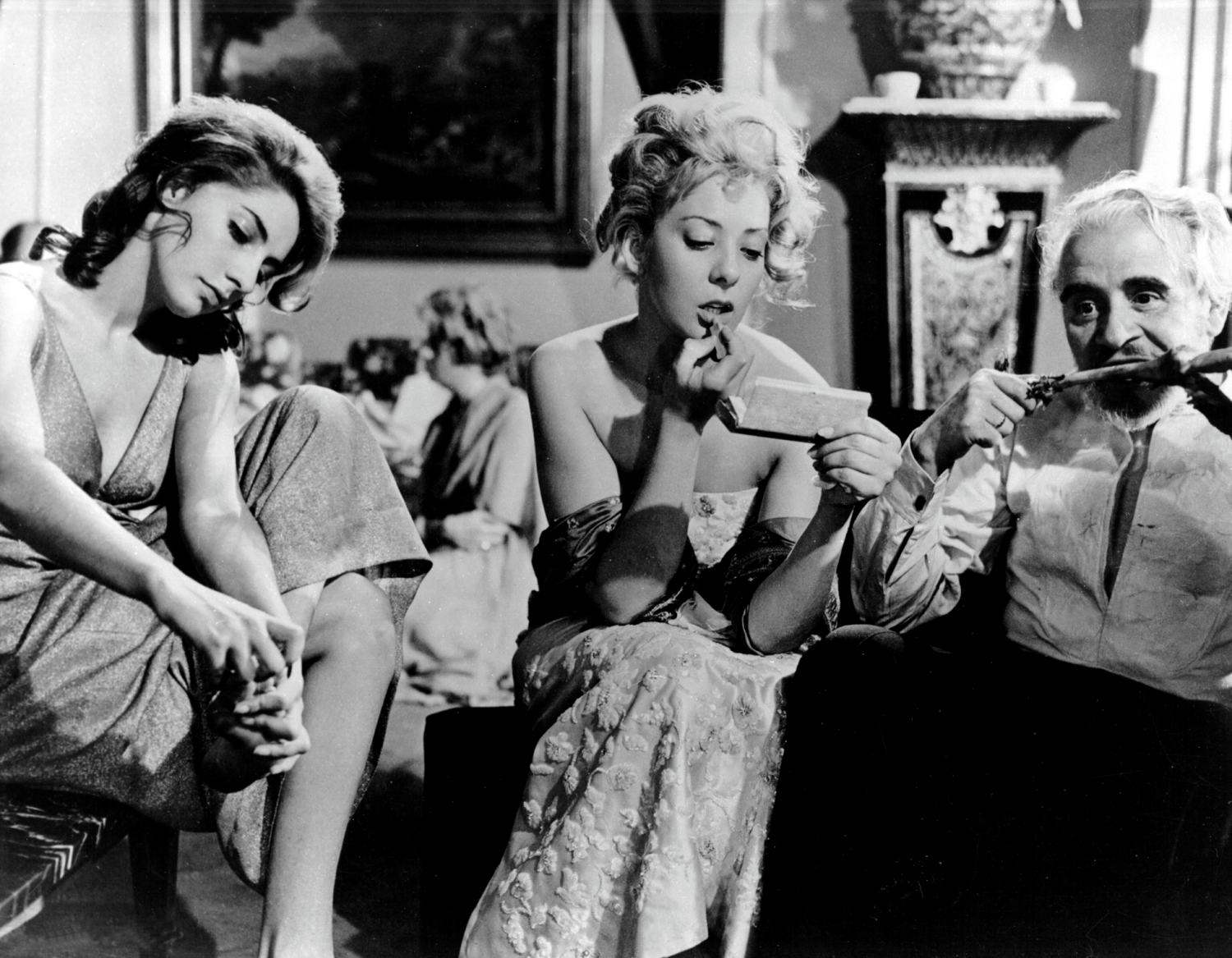
The Exterminating Angel
Read more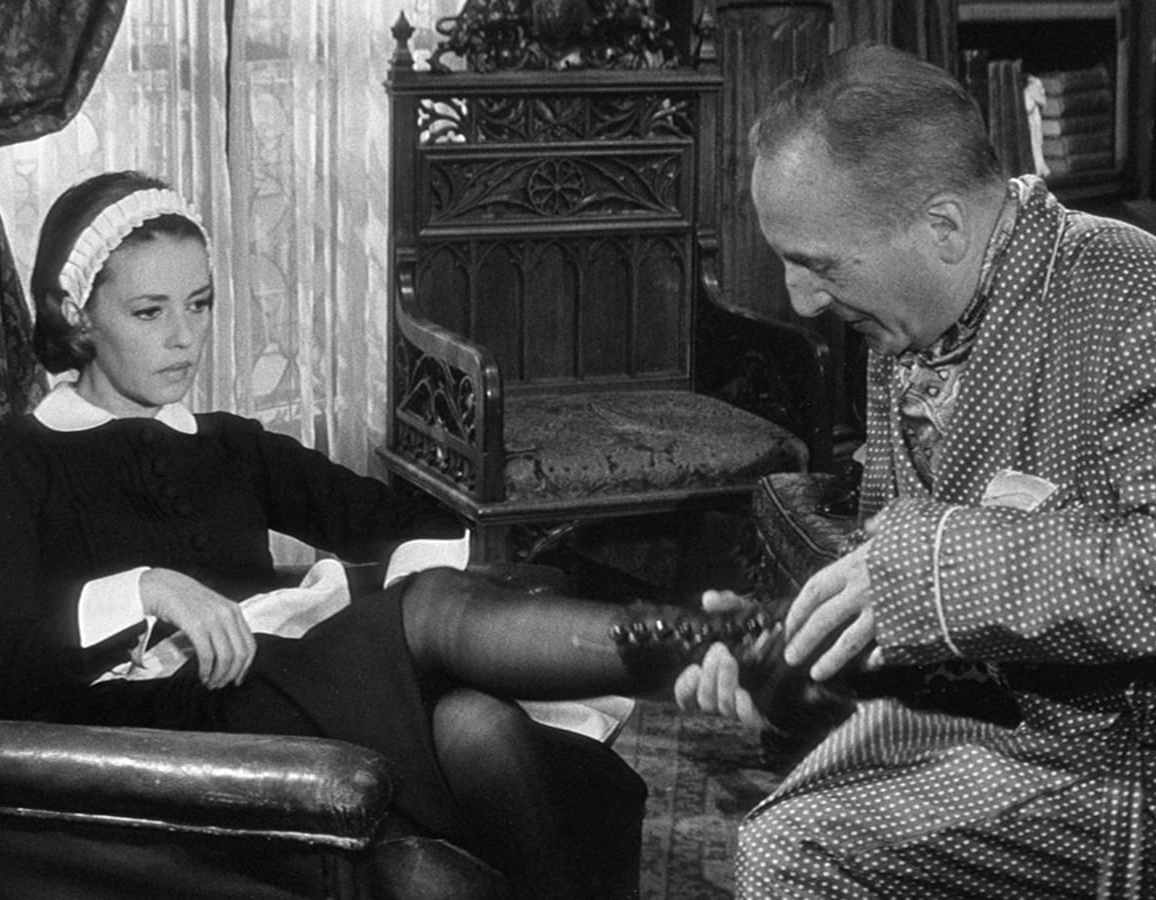
Diary of a Chambermaid (1964)
Read more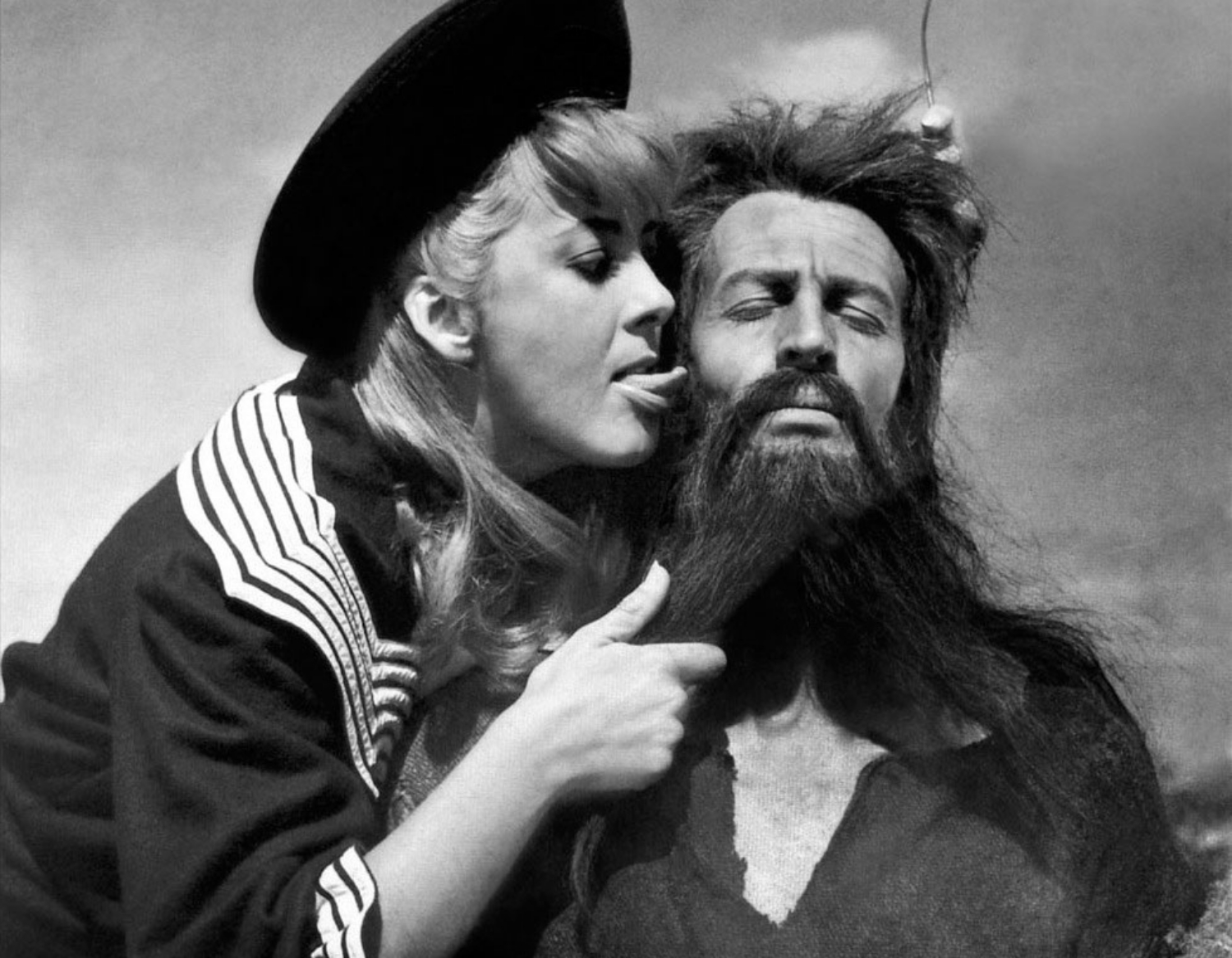
Simon of the Desert
Read more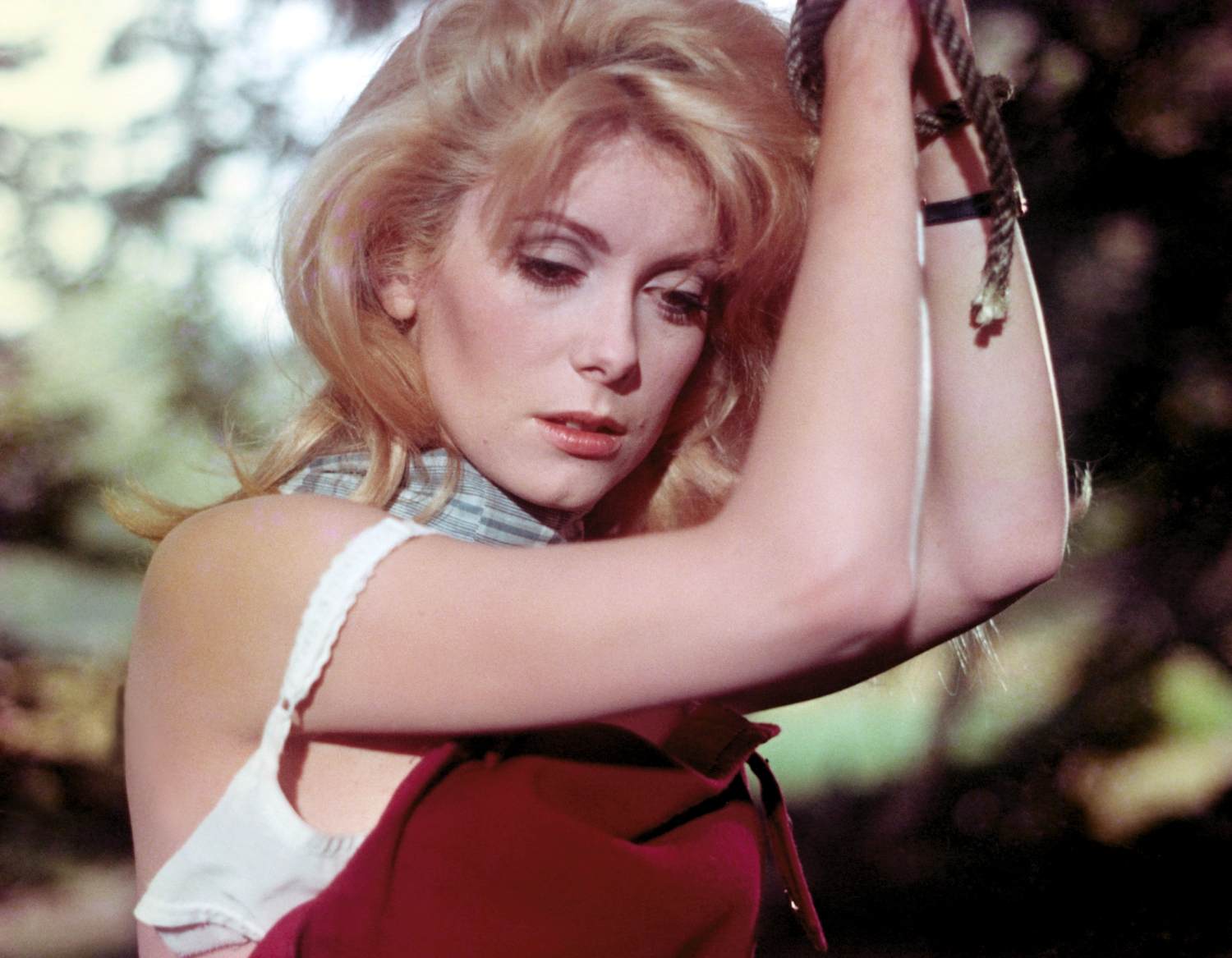
Belle de Jour
Read more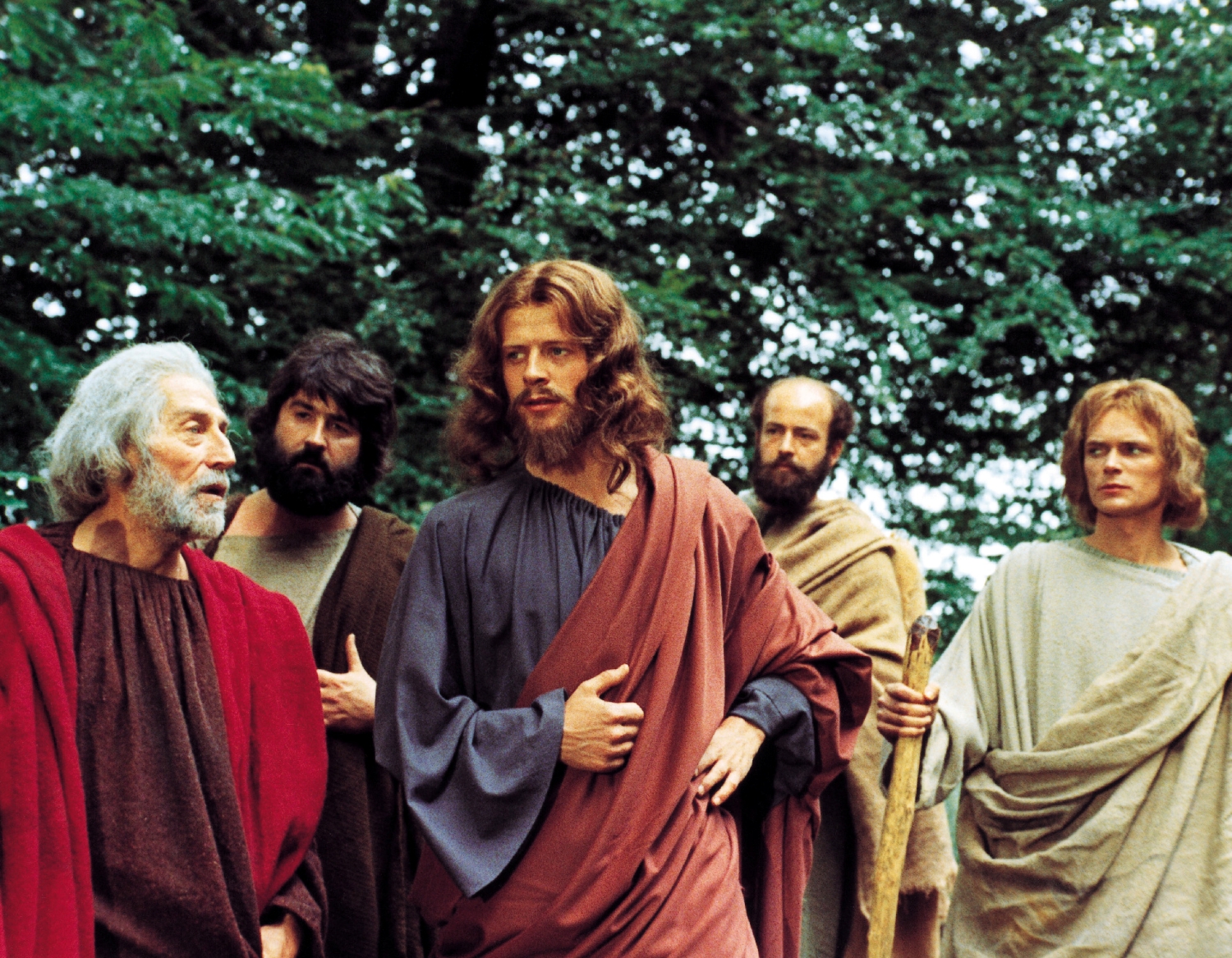
The Milky Way
Read more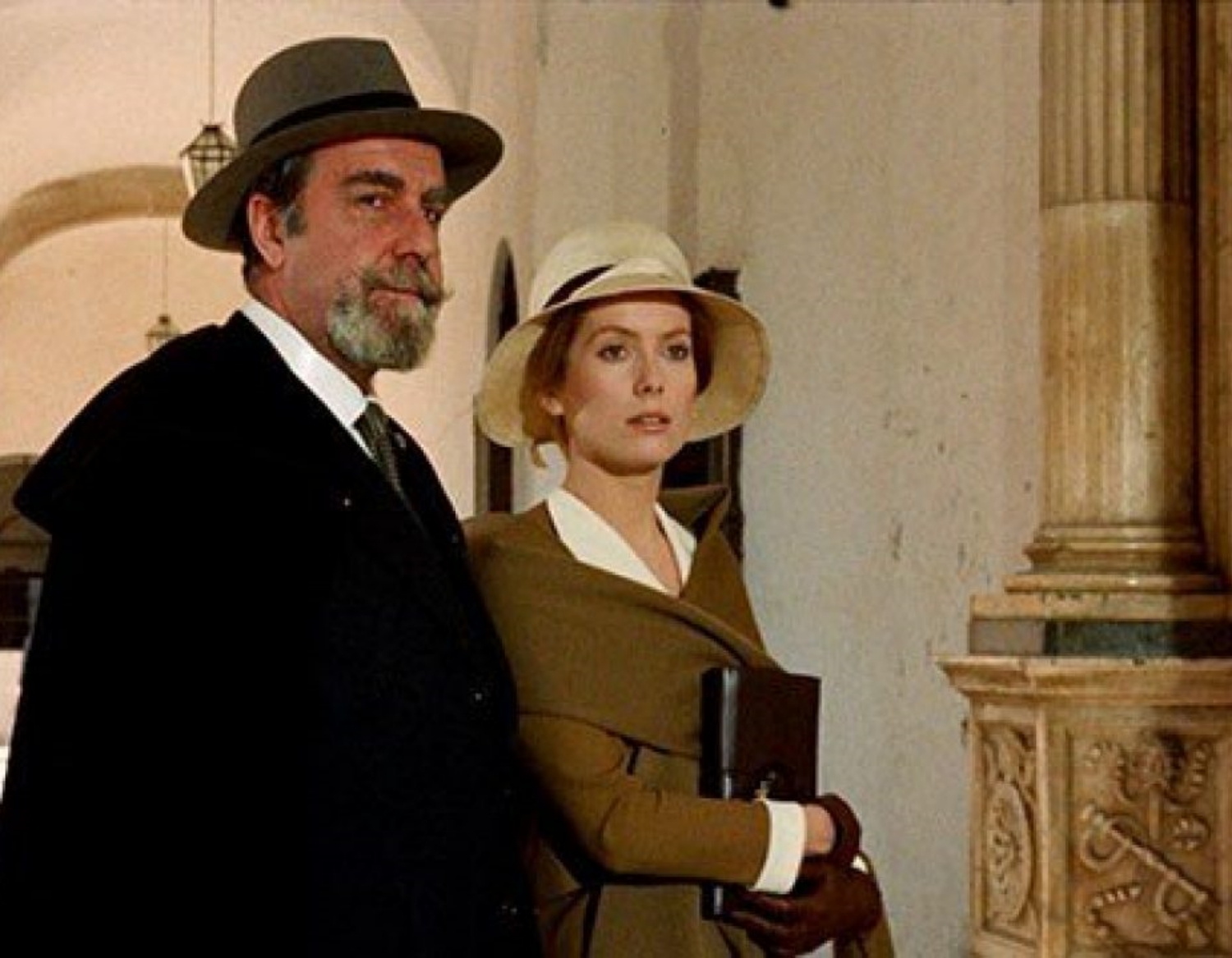
Tristana
Read more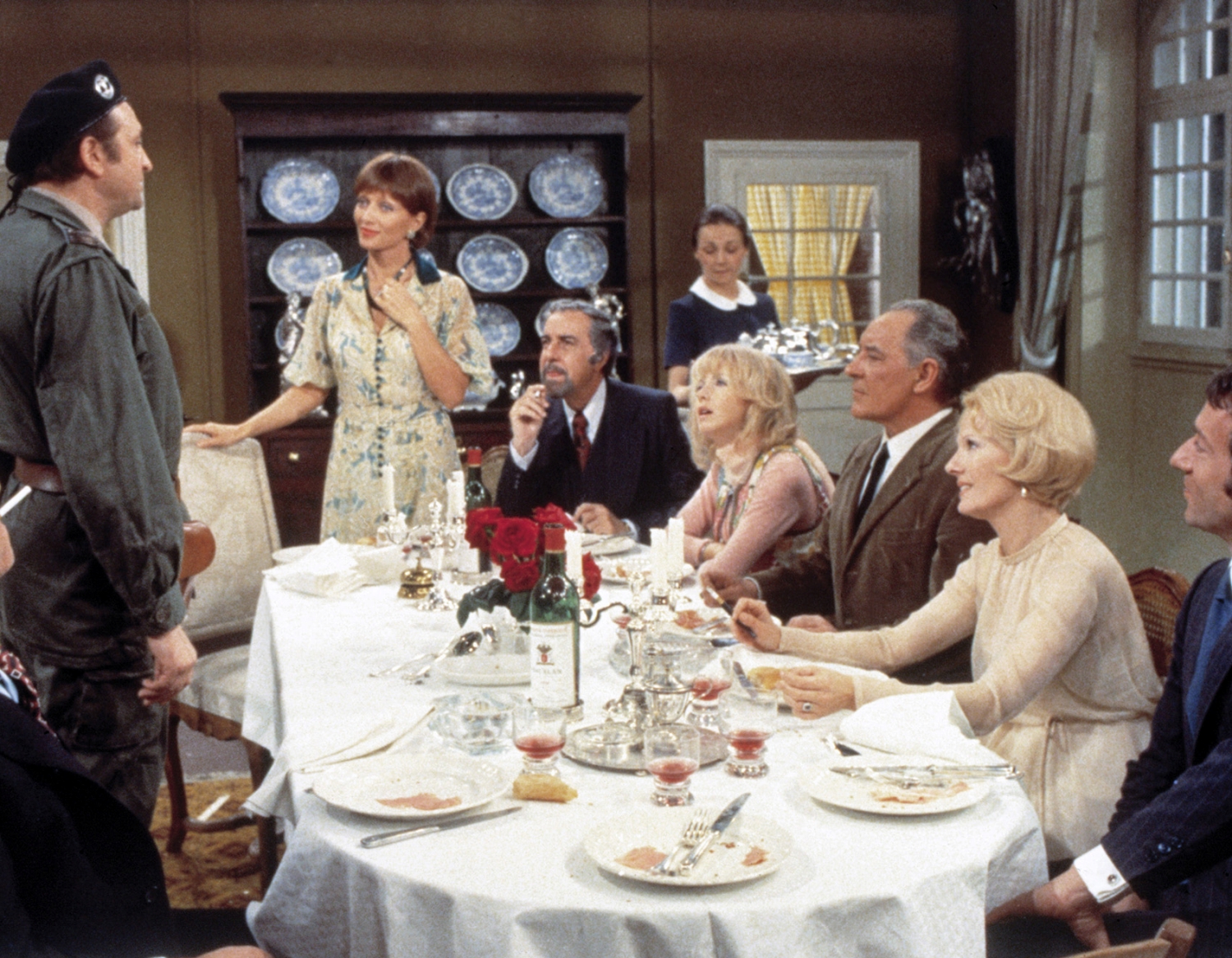
The Discreet Charm of the Bourgeoisie
Read more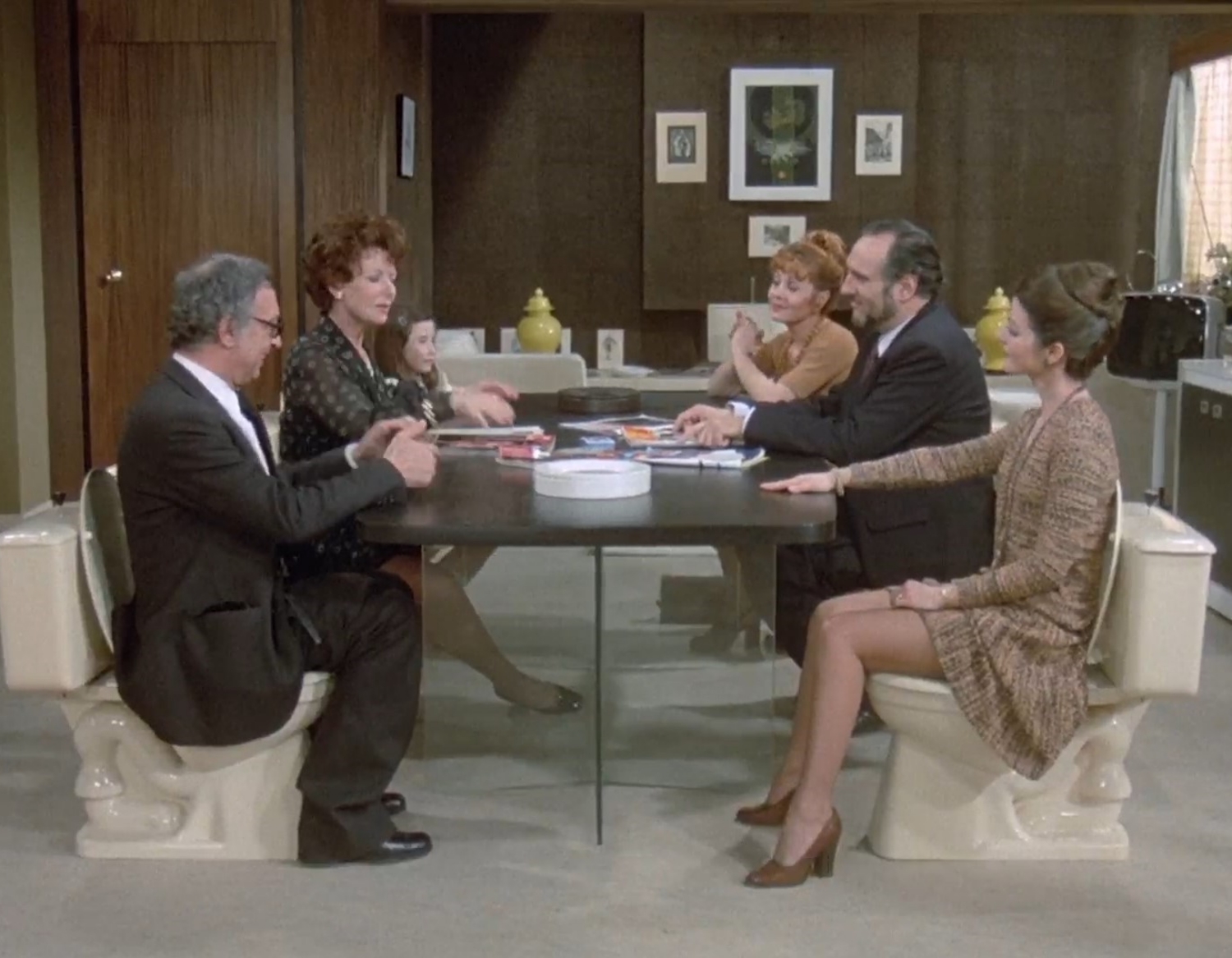
The Phantom of Liberty
Read more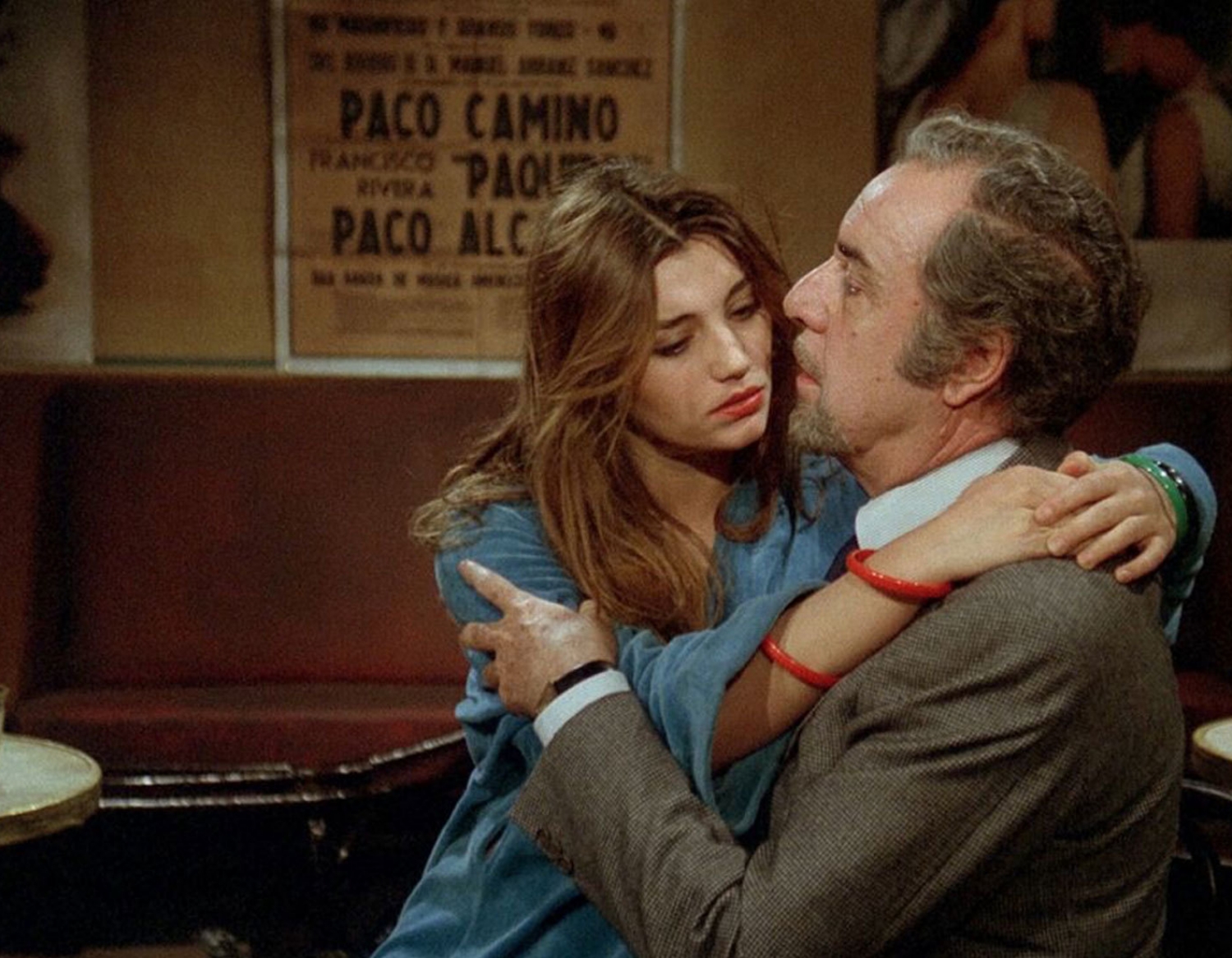
That Obscure Object of Desire
Read more




